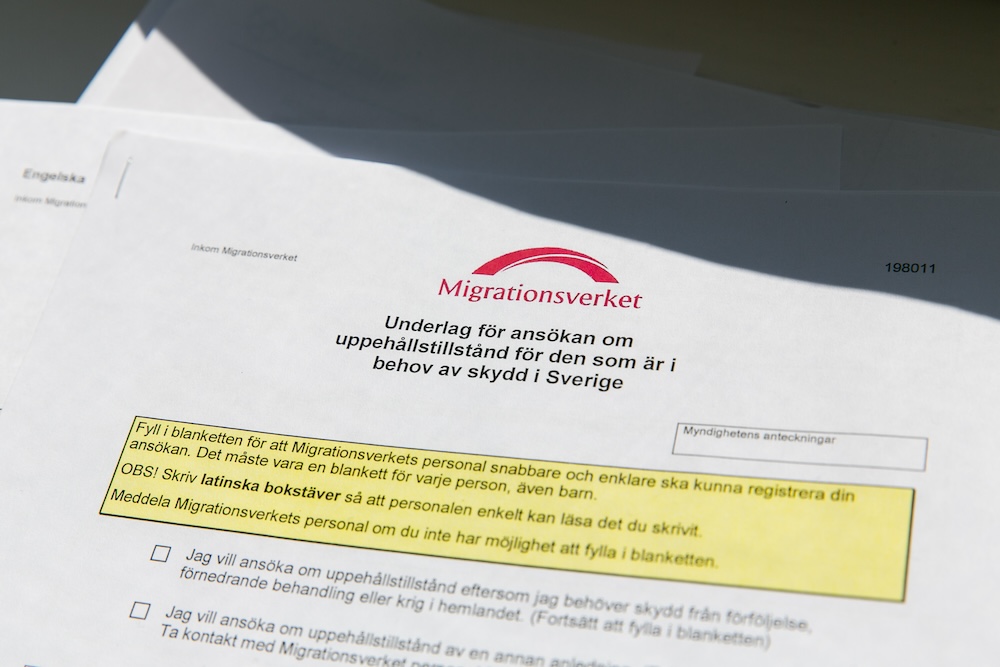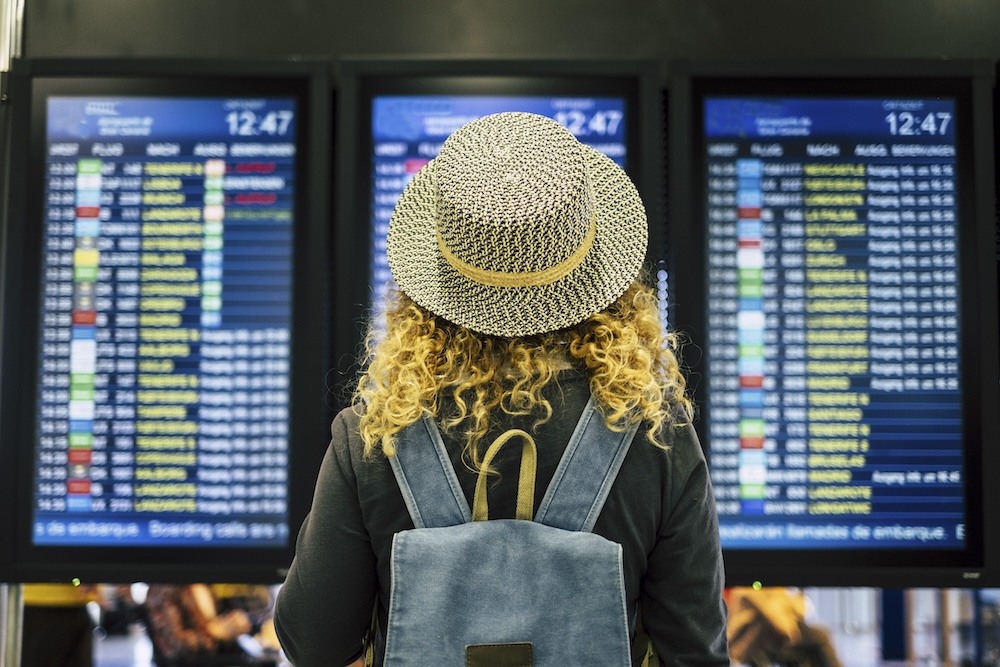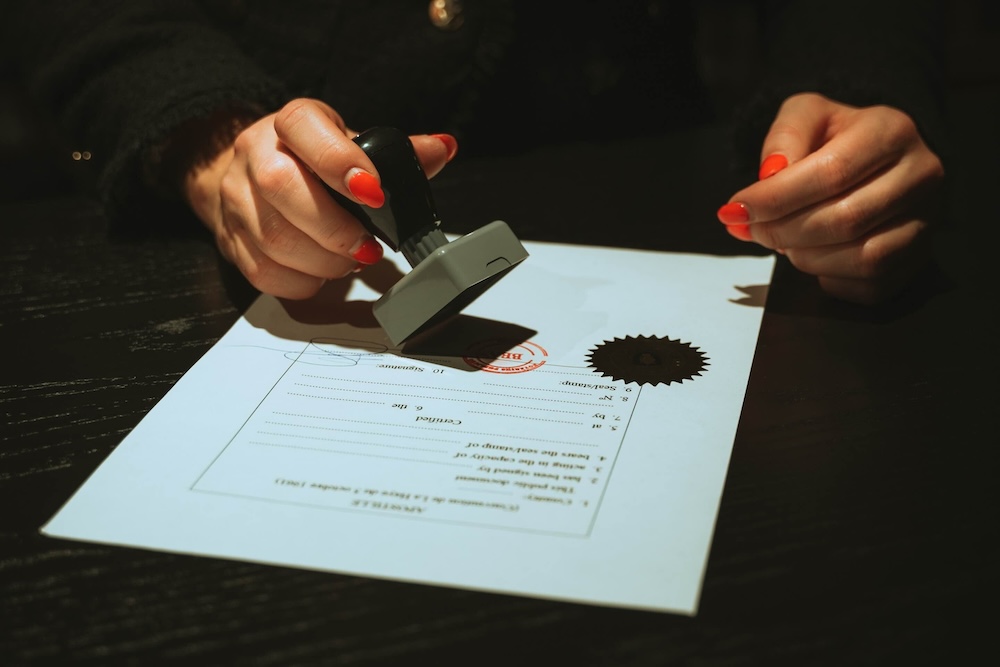If you can’t live safely and securely in your home country, you can apply for asylum as a refugee or a person in need of subsidiary protection. The big difference is that people with refugee status can stay longer in Sweden. But regardless of status, you have the right to appeal if you think the Swedish Migration Agency has given you the wrong status.
If you’re granted residence permit as a refugee
You can be given refugee status if you have had to flee your home country because of it being dangerous to stay there. This has to be because of your ethnicity, nationality, religious or political opinion, gender or sexual orientation. Everyone who has a residence permit in Sweden for at least one year has the right to register here. As a refugee, you get a residence permit for three years. So it’s important that you register yourself in the Swedish population register as soon as you receive your residence permit. This allows you to work here, open bank accounts and receive medical care just as everyone else who’s registered here. If you after the three years can show that you can continue to support yourself in Sweden, you can apply for a permanent residence permit.
If you had to leave your family to flee to Sweden, you have the right to be reunited here. This means that your immediate family members can apply for a residence permit in Sweden as relatives. In some cases, you have to be able to show that you can support yourself and your family. And you have to show that you have accommodation that is large enough and of a good standard where you can all live together.
If you have a residence permit in Sweden and have been registered here for at least three years, you also have the right to vote in elections to both county council and municipality.
If you are granted a residence permit as a person in need of subsidiary protection
Being given the status of person in need of subsidiary protection means that there’s a risk that the person will be punished with death, subjected to corporal punishment, torture or other inhuman or degrading treatment. It can also be that the person is at risk of being injured due to an armed conflict in the home country. As a person in need of subsidiary protection, you receive a temporary residence permit of 13 months. During that time, you have the right to be registered in Sweden. This makes it possible to work here, open bank accounts and receive the same medical care as everyone else who’s registered here.
When the residence permit reaches its end, you can apply to extend the residence permit. The Swedish Migration Agency then checks again whether there are still risks for you in your home country. Or if they think you can return without risk of being killed or harmed in any way.
Even as a person in need of subsidiary protection, you have the right to be reunited with your immediate family in Sweden. However, starting from December 1st 2023, most people have to be able to support themselves and their family members from day one. In this case as well, it’s important that you have accommodation ready that is large enough and of a good standard.
Do you need legal help?
We have several lawyers who can help you with this. Book an appointment if you have questions and need counseling, or email us to hire one of the lawyers. We recommend: Anastasia Martin, Aja Wadii










